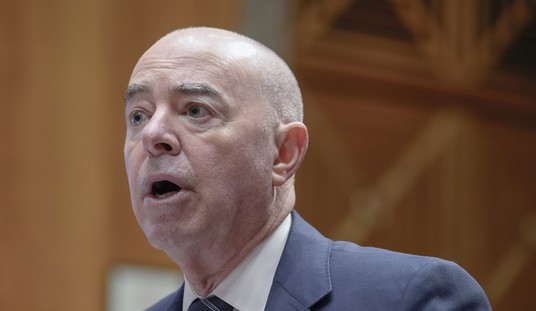
Susan B. Anthony (1820-1906) is one of the most well-known and respected women in American history, and for good reason.
I can be a little hard on feminists sometimes, but that’s because the brand has been so largely destroyed by the bizarre priorities of those using that moniker from the 1960s to present. As time has gone on, it has just gotten worse. Don’t get me wrong, however — I have a lot of respect for the women who got things done in the beginning.
Here are some women who really made a difference.
5. Susan B. Anthony
Susan Brownell Anthony worked for social reform in America on several fronts. Like other women working for equality, she was passionate about abolition, collecting anti-slavery petitions at age 17. She went on to become the New York state agent for the American Anti-Slavery Society.
When she met Elizabeth Cady Stanton, they joined forces. Together, they began the American Equal Rights Association, campaigning for the rights of women and blacks. They began a newspaper in 1868, The Revolution, which went into issues of women’s rights. The next year, they founded the National Woman Suffrage Association.
Unfortunately, women’s suffrage had yet to pass when Anthony went ahead and cast a vote in 1872, and she was arrested. Six years later, Anthony and Stanton worked for Congress to be presented with an amendment granting women’s suffrage, and it was finally passed in 1920 as the 19th Amendment.
Susan B. Anthony was the first woman (after a representation of Lady Liberty) to be featured on a U.S. coin.
4. Elizabeth Cady Stanton
Like so many feminists, Elizabeth Cady Stanton began her social activism as an abolitionist and in the temperance movement, but she is remembered for her work for women.
In 1840, Elizabeth Cady married Henry Stanton, omitting the word “obey” from her marriage vows. After the wedding, they headed to the World’s Anti-Slavery Convention in London, although women were not allowed inside.
Sometimes considered the mother of the women’s rights and suffrage movement, Stanton made waves with her “Declaration of Rights and Sentiments,” presented at the famous Seneca Falls convention in 1848. With the document, signed by 68 women and 32 men, she lit a fire under these issues, and pushed them into the world’s consciousness. It was said that the document put her at the forefront of promoting women’s suffrage, which would finally pass in 1919. Although she was not alive to see her dream come to fruition, she sowed the seeds which made it possible.
3. Lucretia Mott
Mott’s interest in equality began when she discovered that, as a female teacher, she made only one-third of what her male counterparts made. She later became a Quaker preacher, speaking out against the evils of slavery, through which she also supported the rights of black Americans. In fact, it is said that she never missed an anti-slavery convention of American women, and she also attended the World Anti-Slavery Convention in London.
In 1848, Mott worked with Elizabeth Cady Stanton to create the Seneca Falls Convention, the first public women’s rights convention in the United States.
Mott believed in the power of education, which led her to be amongst those to found Swarthmore College in 1864. It was one of the first colleges to be coeducational.
2. Lucy Stone
Lucy Stone took some rather unusual steps for a 19th century woman. She was the first woman in Massachusetts to earn a college degree, and she kept her maiden name after marriage. Under that name, she spoke publicly about abolition and the rights of women.
She worked on the first National Women’s Rights Convention with Lucretia Mott and Elizabeth Cady Stanton, and kept it going year after year. She also helped to create the Women’s National Loyal League which worked to pass the Thirteenth Amendment, abolishing slavery. Her next project was the American Woman Suffrage Association, this time with Susan B. Anthony and Elizabeth Cady Stanton, to get women the right to vote.
1. Frances Willard

Frances Willard (1839-1898) worked in the fields of temperance and women’s suffarage, and she made a real difference.
Frances Willard not only graduated from college, Northwestern Female College, but she was the first female president of a college which granted degrees to women, the Evanston College for Ladies. She left education in 1874, when she helped to found the Association for the Advancement of Women, and then moved on to become secretary of the Woman’s Christian Temperance Union.
As president of the WCTU, Frances Willard was instrumental in the passage of the Eighteenth Amendment, which brought Prohibition to America. She encouraged the women of the WCTU to move past temperance to other issues such as anti-rape laws and protection for abused children. Through this work, she was also instrumental in the passage of the Nineteenth Amendment, which gave women the right to vote.
****
public domain images via Wikimedia Commons












Join the conversation as a VIP Member